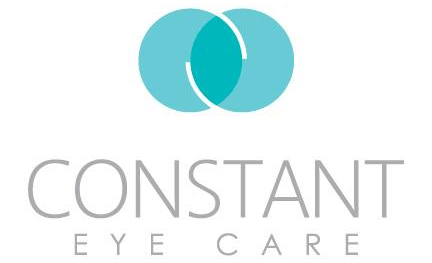
Regardless of your age or physical health, routine eye exams are vital for maintaining eye health and ensuring clear vision. Our eye specialist in Plano, TX provides thorough, comprehensive eye care. The goal is to detect any potential vision problems early, address any changes in your eyesight, and help you maintain optimal eye health throughout your life.
Why Get a Comprehensive Eye Exam?
Our eye care expert in Plano recommends annual eye exams to detect early signs of vision changes or eye conditions. This includes everything from simple issues like dry eye to more complex diseases such as glaucoma, cataracts, diabetic retinopathy, and macular degeneration. This is especially important if you have a family history of vision problems as early detection can significantly improve treatment outcomes and help preserve your vision.
Additionally, eye exams can help with diagnosing health conditions like diabetes and high blood pressure, which often show early signs in the eyes.
What to Expect During An Eye Exam
A complete eye exam involves various tests to evaluate your vision and eye health. These can range from:
- Visual Acuity Tests: Checking how clearly you can see at different distances
- Refraction Assessment: Determining your precise prescription for eyeglasses or contact lenses
- Eye Muscle Test: Evaluating how well your eye muscles work together
- Pupil Response: Checking how your pupils respond to light
- Intraocular Pressure Test (Tonometry): Measuring the pressure inside your eyes to screen for glaucoma
- Retinal Exam: Using digital imaging to examine the retina, optic nerve, and blood vessels. This identifies any issues like diabetic retinopathy or macular degeneration
Eye Exams for Children
The AOA recommends eye exams for children at 6 months, age 3, and before starting school. Children should continue to have annual exams throughout their school years. Regular exams are essential for detecting vision problems that can affect a child’s learning and development, such as nearsightedness, farsightedness, astigmatism, or eye coordination problems.
Children with existing vision issues or risk factors, such as a family history of eye disease or developmental delays, may need more frequent visits. Common risk factors for childhood vision problems include:
- Premature birth
- Developmental delays
- Crossed or misaligned eyes
- Family history of eye disease
- Previous eye injuries
- Other health conditions
Children who wear glasses or contacts should have their eyes examined every 12 months or as recommended by our eye doctor in Plano.
How Often Should Adults Have an Eye Exam?
The American Optometric Association (AOA) suggests annual exams for anyone wearing glasses or contacts. Even if you don’t need vision correction, yearly eye exams are important to monitor your overall eye health. People with diabetes, high blood pressure, or other medical conditions should have more frequent check-ups, as these illnesses can affect vision.
- Ages 40 and Over: It’s recommended to have an eye exam every 1-2 years to check for age-related issues like presbyopia, cataracts, and macular degeneration.
- Ages 60 and Up: Annual eye exams are crucial since the risk of eye disease increases with age.
Schedule Your Eye Exam in Plano Today
Whether you need a routine check-up, a prescription update, or a thorough evaluation for conditions like dry eye, regular exams are essential. Contact our eye care clinic in Plano, TX to schedule your appointment with a trusted eye specialist today.

(Closed on last Saturday of the month)